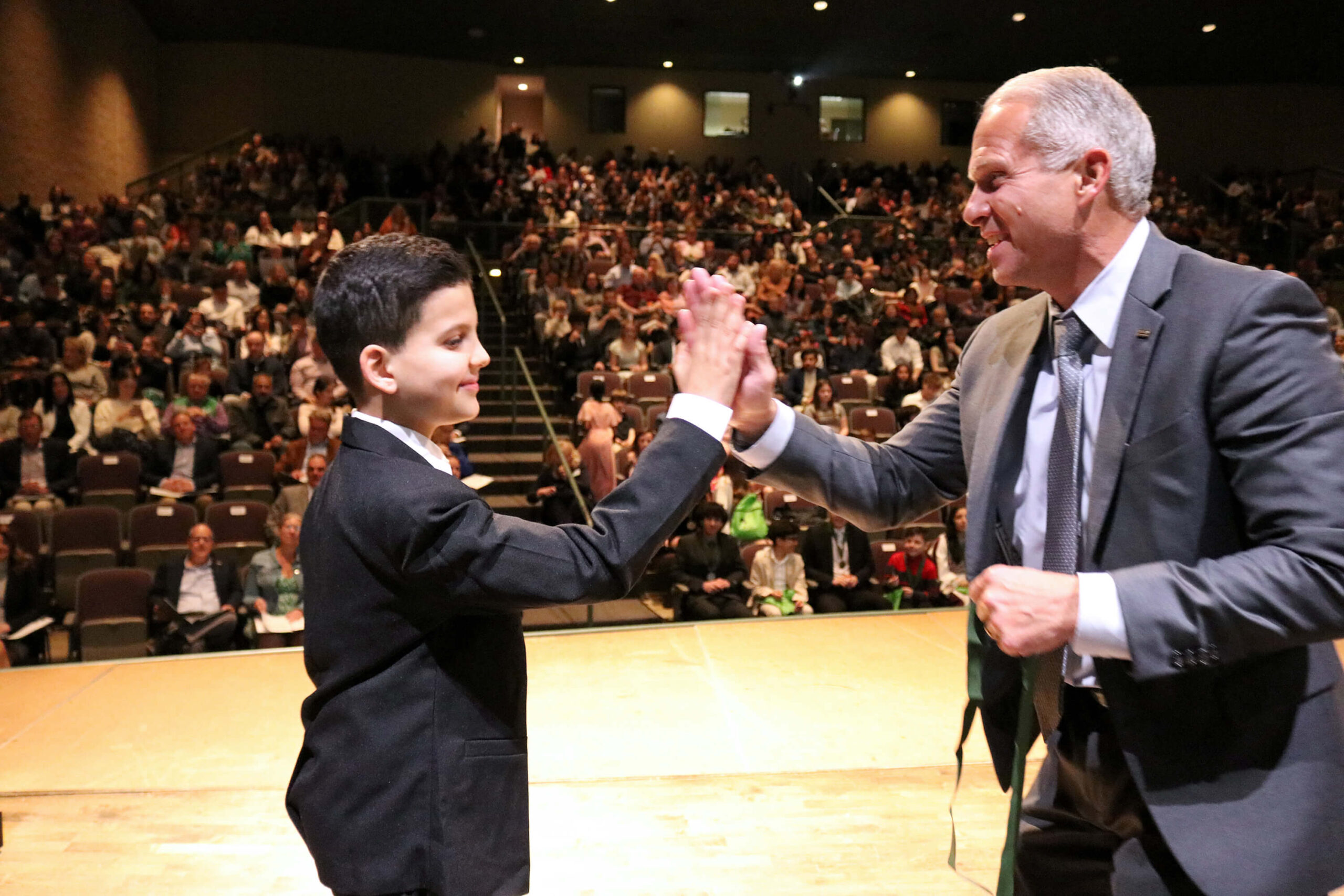Developing Self Discipline to Success in Life
It became known as the “green moth” question. For me and my eighth-grade classmates, it was the first sign that Mrs. Goldstein wasn’t like any teacher we’d had before. It was an ominous indication of the year ahead.
“What color was the moth on the wall?” This is a simple question on a five-question reading quiz.
Really? That wasn’t in the Cliff Notes! She wanted us to notice the details.
Mrs. Goldstein’s class was a struggle for me – the entire year. I wasn’t alone; it was a challenge for all of us. From reading Shakespeare (Julius Caesar) to Uncle Tom’s Cabin, our reading comprehension was pushed to new limits. Each writing assignment was reviewed, edited in red pen, and rewritten until it was to her satisfaction – and this was all done in ink, on college-ruled paper.
I didn’t enjoy reading before and long after Mrs. Goldstein’s eighth-grade English class. I would work hard to avoid it. Nevertheless, I developed as a reader because talented, passionate, and patient teachers pushed me to improve.
There is undoubtedly a place for voice and choice in educational reading options. For many students, a book that interests them will be more motivational than an unfamiliar topic. For some reading assignments, giving students options makes sense.
Classes like Mrs. Goldstein’s English class are just one example – schools are more than a compilation of individual classes. Our public schools also teach values, interconnectedness, and personal skills. The skills learned through reading a classic work of literature are more than the simple act of reading comprehension. Studying historical periods, perspectives, and culture instills a deeper understanding of the world we live in today.
Moreover, the discipline required to read Emily Bronte or F. Scott Fitzgerald developed skills that served me well in every other class after that. It wasn’t my choice to read those books, but rather my choice to do the work. As students, when pushed outside our comfort zones, we learn how to learn.
I’m not advocating abandoning all student voices in today’s learning environments. I believe it’s essential for students to understand their likes and dislikes, skills and challenges. As with all things, balance is critical. As educators, we can’t abandon the responsibility of teaching discipline and skills to our students. We can’t forgo the classics, reading about our past, no matter how difficult it may be. At the same time, we can give students some voice and choice in their learning.
Our teachers are trained experts who know their craft and have experience in the field. We entrust these dedicated professionals to focus on the subject they teach and develop critical skills in each student. Teachers must be allowed to find that balance for their students. Some assignments, at any grade level, may involve options for students, while other assignments may be for the entire class.
I don’t remember many specifics from the books we read in Mrs. Goldstein’s eighth-grade English class (although I remember The Moth was Green, and I don’t particularly appreciate reading Shakespeare). Still, the skills and discipline I learned in her class built a foundation that has stayed with me. Attention to detail matters – taking the time to do things well matters. It wasn’t my choice what we did in class, but it was my choice to apply what I learned long past my experience at Gideon Wells Junior High School.

